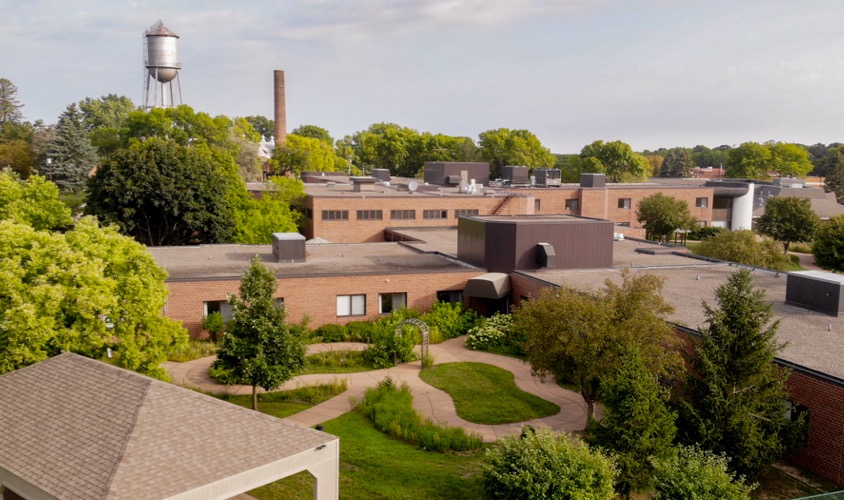Safe, supportive environments play a crucial role in sustained recovery from addiction and mental illness. The stability and fellowship provided by the peer-driven culture of high-quality recovery residences can significantly improve the odds that individuals will complete treatment, remain sober, access health services, seek employment, and form community connections supporting long-term recovery.
People living with active addiction and mental illness have also frequently experienced exposure to traumatic events and are at elevated risk for a range of crisis situations that can result in loss of work, health and relationships. In these circumstances, housing insecurity becomes an everyday threat.
Recovery residences offer a bridge from the fragility of addiction to the stability of recovery.
Health emergencies like the COVID-19 outbreak highlight the importance of recovery housing as an individual and public health resource.
“Times like these show us just how important recovery housing is to every member of our community,” says Monique Bourgeois, NUWAY Chief Community Relations Officer. “Flattening the curve of COVID-19 calls on everyone to stay at home as much as possible, physically distance from one another, practice especially good hygiene, and support one another. You can only stay at home if you have a home. Our mission is to provide recovery in supportive environments, and today, we see just how crucial this mission and the role of recovery housing is to our clients and society.”
NUWAY maintains relationships with over eighty independent recovery residence providers operating peer-based support models and abiding by established quality standards. Nearly nine-hundred NUWAY clients are residing in recovery housing, underscoring daily how these residences are playing a vital role in both maintaining treatment engagement and reducing the spread of infection.
NUWAY worked with its recovery housing partners quickly, taking steps to ensure that recovering people continued receiving both treatment and housing support during the COVID-19 response. NUWAY temporarily adopted telehealth to deliver therapy to outpatient clients via phones, mobile devices, and computers while owners of some recovery residencies reduced or eliminated security deposit requirements and monthly fees. Helping people continue to access care and stay in supportive recovery environments reduces the risk of relapse and decreases the odds of them leaving shelter where they may contract or spread the virus.
Public health challenges like COVID-19 illustrate the fact that recovery residences are about more than sober housing. For thousands of people, recovery houses are frameworks for the delivery and coordination of information, treatment and support services. They are also environments where people in recovery find the fellowship and belonging essential to maintaining recovery and good health. By supporting the health of recovering individuals and the work of behavioral healthcare providers, recovery residences are being good neighbors and further contributing to public health and safety


